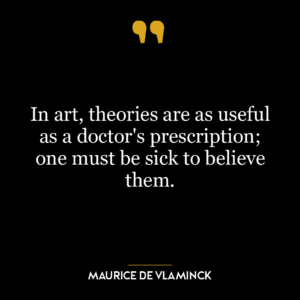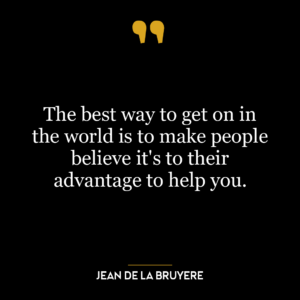This quote suggests that shame, a complex emotion often associated with guilt, embarrassment, or disgrace, can have a devastating impact on our self-perception, particularly on our belief in our own capacity to grow and transform. Shame can be corrosive, gradually eating away at our self-confidence and self-esteem, leaving us feeling stagnant, unworthy, or incapable of change.
The concept of “corrosion” is significant here, as it implies a slow, relentless process. Just like rust gradually deteriorates metal, shame can slowly degrade our self-belief over time, until we no longer recognize our potential or believe in our ability to change and evolve.
In terms of personal development, this quote underscores the importance of managing and overcoming feelings of shame. If we allow shame to corrode our self-belief, we may become stuck in negative patterns of thinking and behaving, hindering our growth and development.
In today’s world, where social media often highlights only the best parts of people’s lives, it’s easy to fall into the trap of comparing ourselves to others and feeling inadequate or shameful about our own lives. This quote is a reminder that we should not let these feelings of shame deter us from believing in our capacity to change and improve. Instead, we should acknowledge our feelings of shame, understand their roots, and work towards overcoming them.
Moreover, in a broader societal context, this quote can be a call to action against shaming or stigmatizing others for their mistakes or shortcomings. By doing so, we are not only causing emotional harm but also potentially hindering their ability to change and grow. Instead, we should promote a culture of understanding, forgiveness, and encouragement, which fosters personal growth and transformation.












